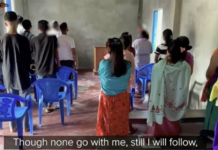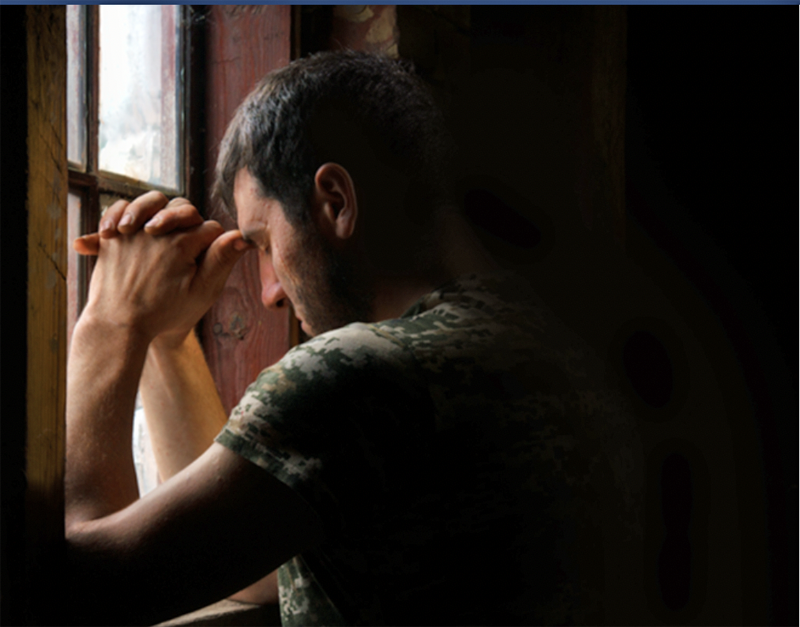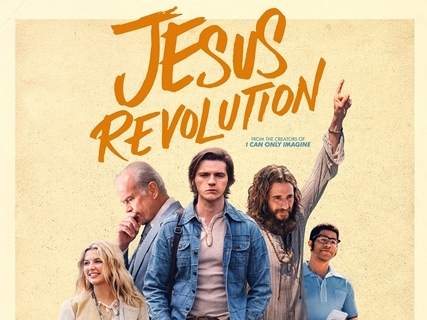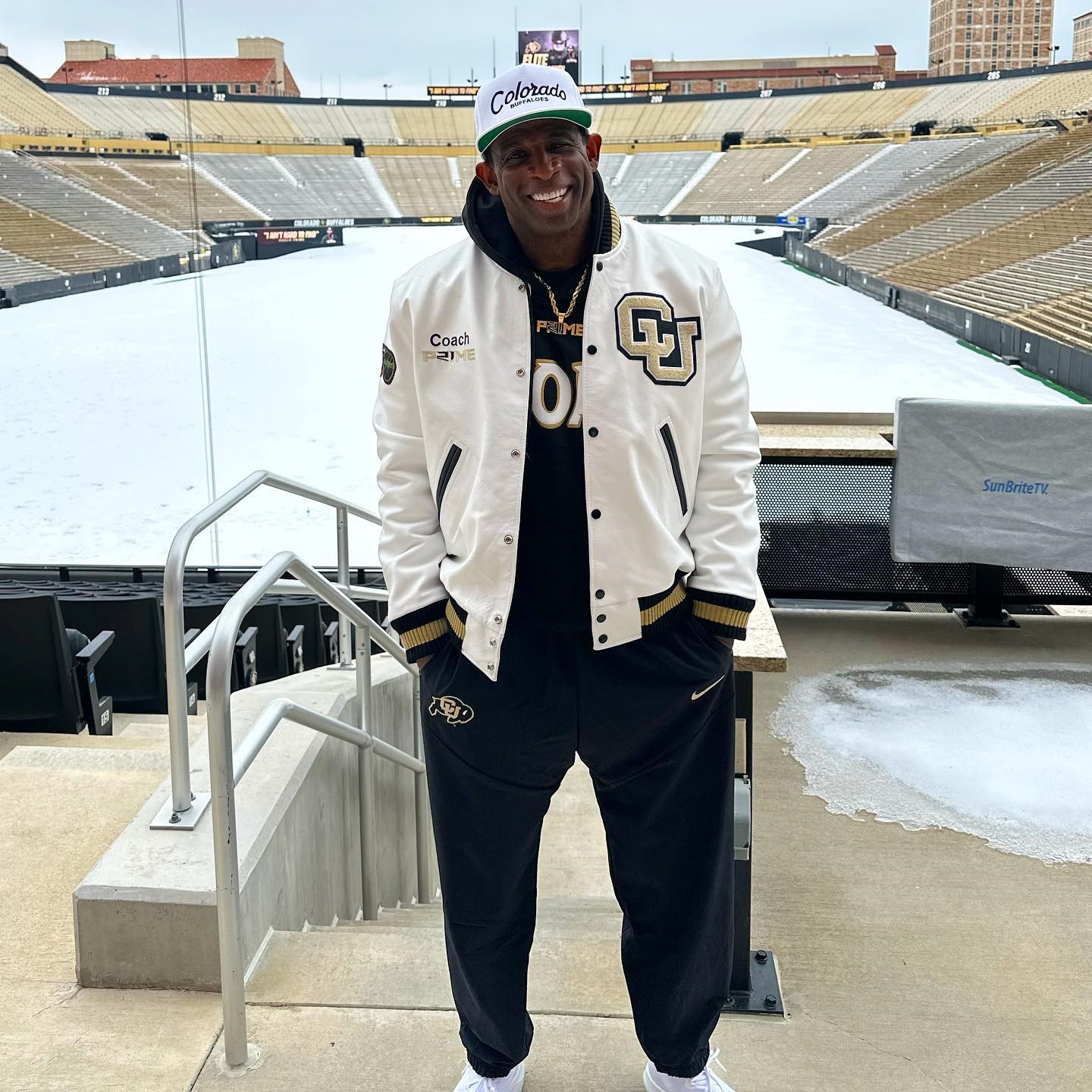BILLINGS, MONTANA (ANS) – Pastor and author Deborah Munson was asked how God prepared her to write the book, Called to be Men, she has co-authored with fellow Pastor Steve Heimbichner.
The book seeks to renew a vision of Biblical manhood.
“To be honest, even though I saw and experienced firsthand in my own marriage the profound value of the principles and concepts the book was going to present, it was hard for me to wrap my mind fully around the project,” she rold ASSIST News.
“Father(God) had to take me back in time to take an honest look at my own family experience – my grandparents, parents, and the struggles my own spouse and children had been experiencing in our own family life of 40 years,” she said in a recent interview.
Note: Please help Assist News Service to be a voice for Christians around the world. Donate to ANS today
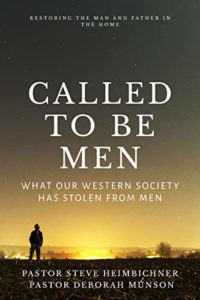
Pastor Munson explained there were some constants that really stood out. “The two most profound being the absence of either a father or a mother, and the intense power struggles that developed as the lone spouse modeled how to live and parent on their own.
“All 4 sets of my great grandparents were immigrant families of Russian German descent. They all came to the USA with their young children around the turn of the last century. They had very strong paternal leadership tempered by the nurturing maternal figures in the families. All of these households had a strong Bible-based faith in God and their churches were central to their weekly lives.”
Pastor Munson said that in their adulthoods, her grandparents – both sides – had a very different experience. “My grandparents married and, as was tradition for immigrant families in those days, had large families. However, death took the mother in one household and the father in the other. This created an absence of a father for one family and the absence for a mother for the other. Both losses took place while my parents were both quite young. My father was around 7 years old when his mother died. My mother was still an infant when her father died. Neither of the widowed parents remarried in their childrearing years. Both had multiple older siblings and one or two younger. (My grandmother on my mom’s side was carrying the last of ten children when her husband died.)”
Now, said Munson, that’s a lot of history to say that though both her family lines are strong, Bible-based families the vacuum created by these two deaths resulted in two tragic situations: a motherless home for her father and a fatherless home for her mother.
“For my Dad, things got even worse when his father become so overwhelmed with the task of raising seven children that he placed my father in the home of an aunt and uncle, placed his younger sister in the home of another aunt and uncle, and then left the state and took the other 5 siblings with him. Now my father had deep abandonment issues going on. Needless to say, my Dad grew up without the role models of both a mother and a father.
“His family was torn from him, so a healthy traditional family life was not available to him. My mother grew up without the model of a good father in her life. In fact, her experience of the role of a woman in the home was one of a strong, courageous woman who spoke only broken English provide for and manage a home for her ten children. The siblings learned to care and help provide for each other, but all ten of them became strong independent survivors.”
Munson’s parents, two very wounded people, met and got married. “I was their firstborn. I have a younger brother and sister. By the time I was four the role confusion was becoming a huge issue. Mom ran everything on the home front and what she said was usually not negotiable. She was not one to be crossed at all. Dad didn’t have a clue how to be a good husband to this strong woman, let alone be a father to three children. He started his own business and, because he worked from 6 in the morning to 9 at night, pretty much vanished from our lives. We’d see him on Sundays and when we went on family vacations. Our best memories would be the times we would go to work with him and work alongside. But at home, he was pretty much an absent father.”
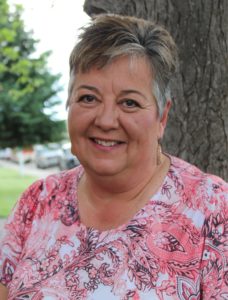
Munson said her mom hated his business because it took him away from home. “Yet when he was there she had no ability to let him lead, or even develop and enjoy a personal hobby. The ability to be with us on his own terms was pretty much non-existent. Mom simply didn’t know how having a husband and a father involved at home was supposed to work. She also didn’t know how to process the disappointments, anger and bitterness she held against him. Frankly, the only thing that kept our family together was personal faith in Christ and a firm belief that marriage is a lifelong covenant…till death do we part. Did they love each other? Yes, I truly believe they did. Their tragedy is that in growing up in homes without fathers, there had been no passing on of understanding what a healthy marriage and family looked and felt like.”
Munson said she married at the age of 20 suffering the same lack of understanding. “My dear, wonderful husband had a strong-headed, strong-willed wife on his hands and our children grew up watching us struggle over who is in charge, when, what, where and why! Though I knew deep in my heart I wanted him to be very present in our lives and deeply wanted him to take the lead…I had no idea how that worked. Needless to say, I was constantly frustrated and so was he. He grew up as a pastor’s kid, so his father was a come and go dad too…and he had four sisters, no brothers!
“Looking back at 40 years of marriage now, it’s a wonder we didn’t kill each other trying to make life at home work; especially while in ministry and living overseas as missionaries for 4 years in another seriously fatherless society – Russia. Interestingly, all of his siblings and mine married and eventually divorced. Only my brother has remarried, and they struggle a lot.”
Munson concluded: “All this to say, I’ve seen and known firsthand the chaos and tragedy that homes suffer through without men who know how to be complete and functioning men of God leading, guiding and protecting as they were designed and called by Him to be and do.
“I am so thankful that my family stories weren’t further complicated by drugs or alcohol or other addictions that are making matters far much worse so many of our nation’s families.”
Called to be Men is available at Amazon.com
The author of this story, Michael Ireland, is a self-supported media missionary with ANS. Click here to support him as a missionary journalist.

